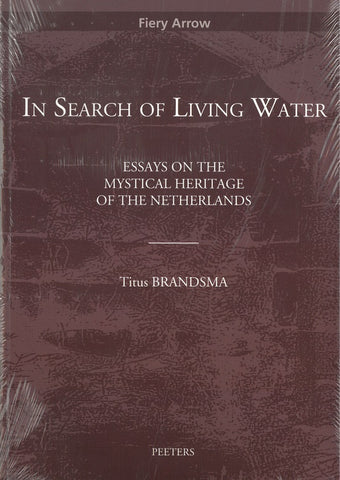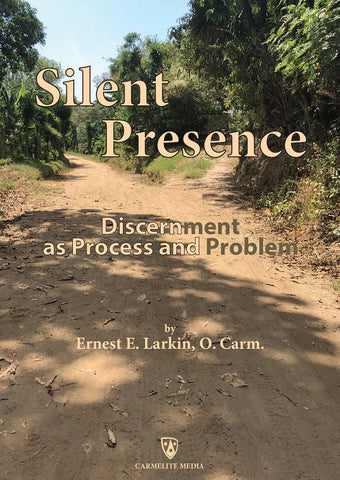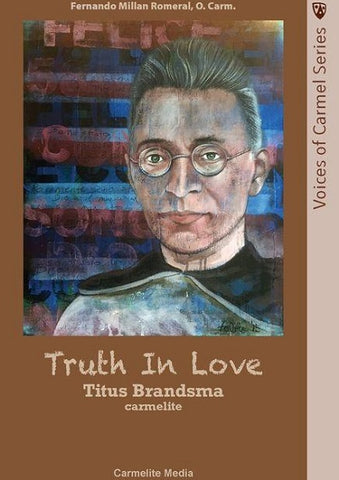
Edizioni Carmelitane
Bollandist Dossier on St. Albert of Jerusalem
Daniel Papenbroeck, SJ
Edited and translated by Patrick Mullins, O. Carm.
2015 | 338 p. | ISBN: 978-88-7288-151-4
The commentaries on the Saints (Acta Sanctorum) by Jean Bolland SJ and his fellow ‘Bollandists’ played a significant role in the development of critical hagiography during the seventeenth century. Because of the impact of its formal challenge to the claim by the Carmelites to have an unbroken succession linking them to their alleged founder, the Old Testament prophet, Elijah, Daniel Papenbroeck’s commentary on St Albert of Jerusalem (1675) has been perhaps the most influential of these commentaries. Demonstrating the lack of any historical evidence to support the existence of the Carmelites before the final decades of the twelfth century, and questioning the alleged antiquity of the authors who were cited in support of their existence, it recognised St Albert of Jerusalem (c. 1150-1214) Formula of Life (c. 1206-14) as the earliest extant document of the group who would later become known as the Carmelites. Although Papenbroeck’s dossier on St Albert was praised by those who reviewed it prior to publication, it led to a controversy between the Bollandists and the Carmelites that resulted in the formal excommunication of its author and the placing of the commentary on the index of forbidden books. In time, however, the lack of historical evidence highlighted by Papenbroeck could not be ignored and the alleged Carmelite Saints of the first millennium were eventually dropped from the Carmelite calendar of Saints. During the twentieth century, the Carmelites’ traditional claim to Elijah as their founder has effectively been abandoned and the key role of St Albert of Jerusalem in the origins of the Carmelites has been almost universally recognised. The central role of Papenbroeck’s text in clarifying our true origins and early history has only recently been recognised as misguided loyalty to traditions that have proved to be without foundation has given way to an appreciation that historically verifiable claims demand the verification of historical evidence. Papenbroeck’s Latin text has not been translated before and the introduction and notes accompanying this English translation are designed to provide the necessary context and background for the modern reader. For centuries, Papenbroeck was both the most significant and most neglected study of the origins of the Carmel Carmelites and it remains essential reading for those discerning the authentic sources of the Carmelite charism.




